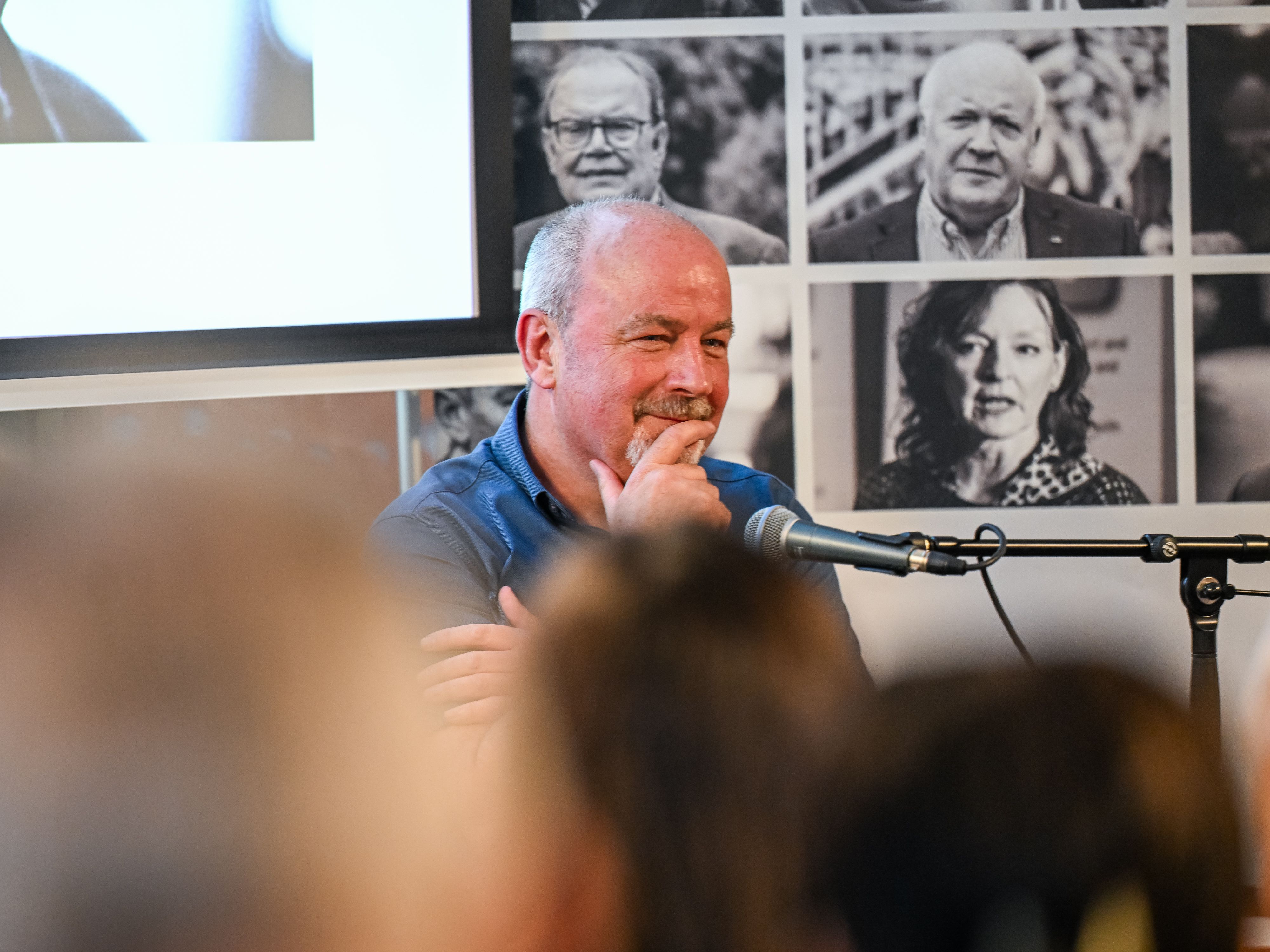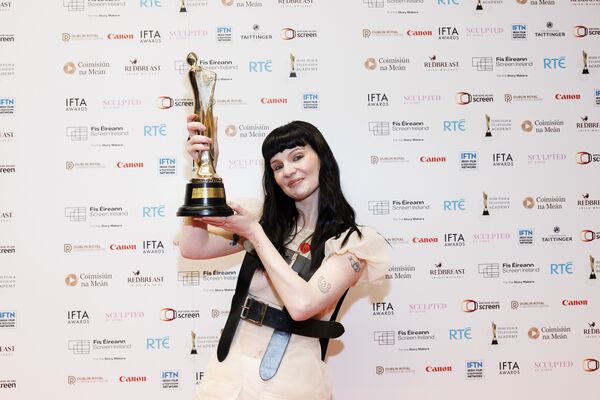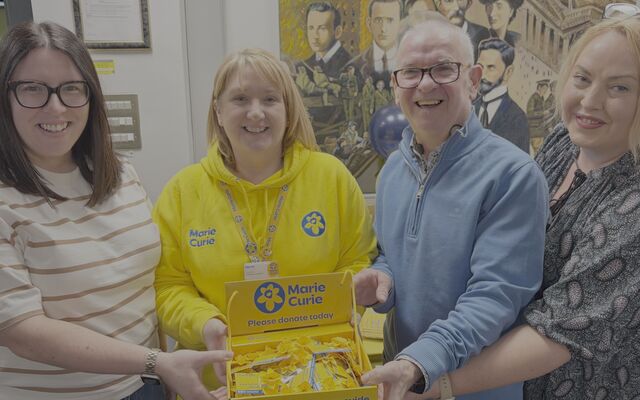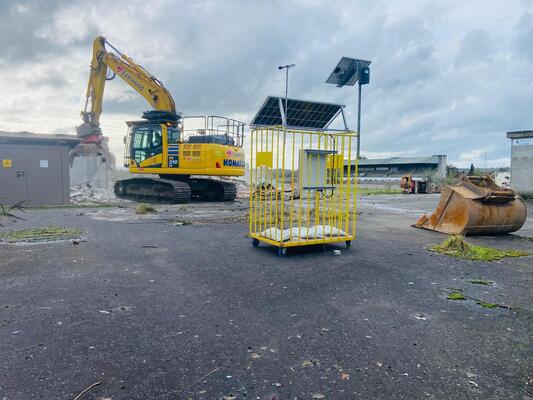A vital archive on the genesis of the peace process is being put online by the Open University.
Up to 30,000 items of material belonging to reporter Brian Rowan - one of the most revered chroniclers of the peace process - have been made available to the OU as part of its Ceasefire 30 initiative.
"Our first thought was to invite Barney Rowan to give a talk about his archive at our Belfast premises but as we dug into the massive scale of his collection and its all-encompassing nature with input from all sides, we felt it was crucial that we started to make these treasures available to the public immediately," explained OU Ireland Director John D'Arcy.
The first materials made available online and in print are in-person interviews with key figures in the peace process - digitised from tape recordings Brian Rowan made in the early and mid-nineties. Among the pivotal peace process players interviewed in lengthy and candid conversations are Gerry Adams, Archbishop Robin Eames, RUC chief Ronnie Flanagan and now deceased PUP leader David Ervine and SDLP leader John Hume.
ARCHIVE LAUNCHED: Jackie and John D'Arcy of OU with journalist Brian Rowan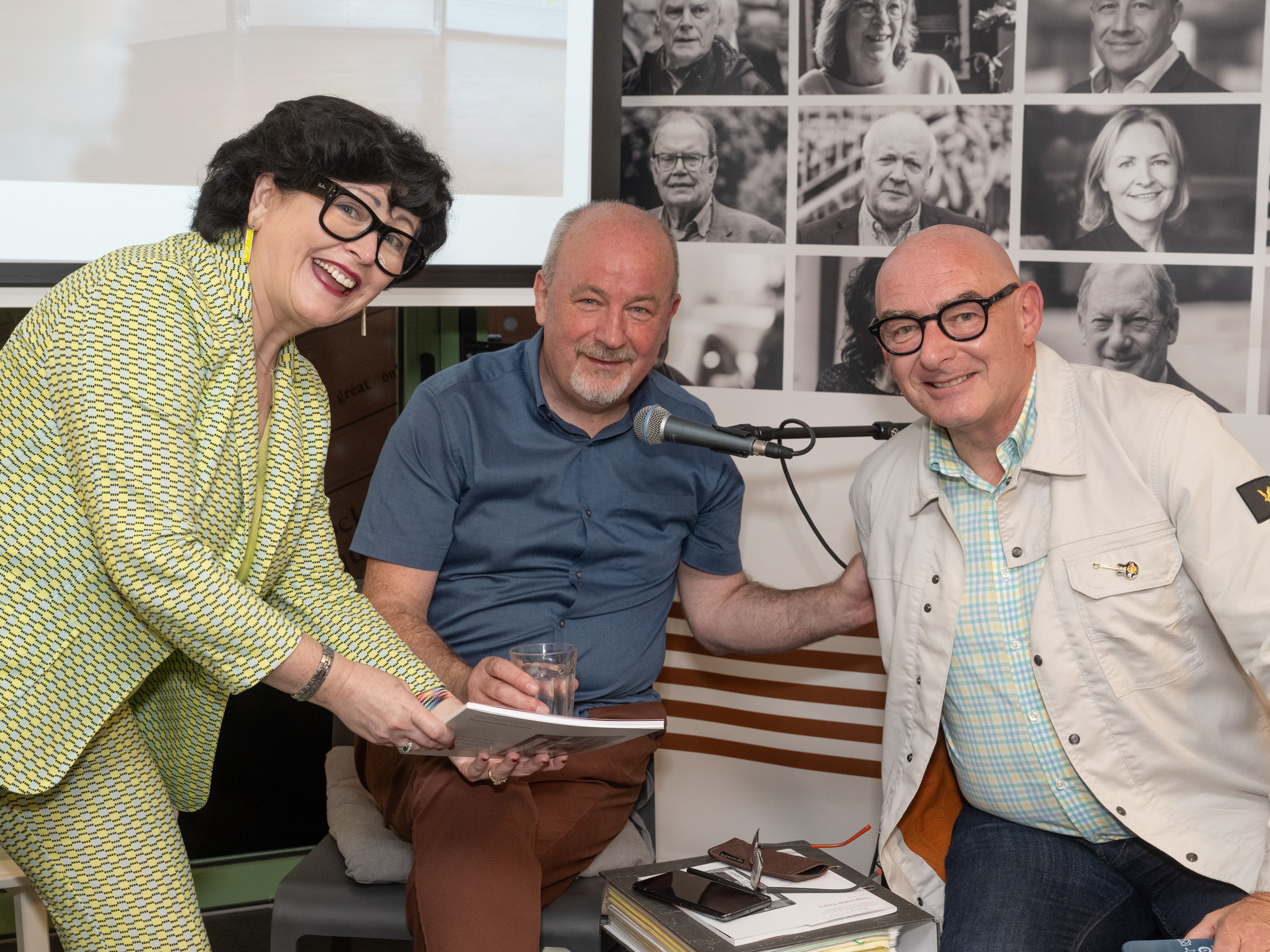
"They are all now available to anyone with an internet connection and a 76-page book launched based on the tapes can be downloaded for free," said John D'Arcy. "Our intent now is to ensure these journalistic gems are available online for anyone who wishes to study how we nurtured the early discussions about ending conflict into the peace we enjoy today."
When history meets a new generation.
— Brian Rowan (@BrianPJRowan) August 11, 2024
Read our 'Ceasefire 30 - Impossible Peace' project @OUBelfast Open Learn
A story told by some of those on the inside of some of the biggest moments in our recent history.https://t.co/sqA69svppP@MiriamFogarty @nancysoderberg @GerryAdamsSF pic.twitter.com/pHM5h07zUa
The latest work complements Time To Think, a related OU archive project which features interviews with republican and loyalist prisoners who undertook Open University course in jail.
"Our whole ethos is about being open to people, places, methods and ideas and we found an easy partner in Barney whose legacy as a journalist is phenomenal," adds John D'Arcy. "He embraced our wish to make his archive available to the world and to treat these architects of the peace process with the reverence they deserve. It will be a pleasure to work with him to add to this archive in the time ahead to ensure that we continue to learn from our past."

